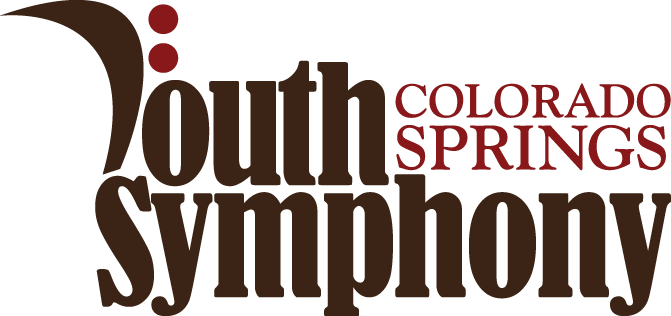
West African Drum & Dance Camp
June 28 - July 2
This 5-day summer camp for ages 14 through adult will focus on West African Drum & Dance. Students will learn basic hand drumming techniques, dance techniques, polyrhythmic syncopation, and 3-4 West African traditional drum and dance pieces. Time will be spent learning about Ghanaian culture and watching master drummers and dancers. As part of the camp, students will design their own performance for parents. Students must bring their own lunches, water bottles and wear work-out clothes. Instruments will be provided. No percussion or dance experience is necessary for this camp!
Monday through Friday
9:00am-3:00pm
Tuition: $200
All musicians ages 14+ are welcome!
July 6 - July 9
This 4 half-day summer camp for ages 9-13 will focus on West African Drum & Dance. Students will learn basic hand drumming techniques, dance techniques, polyrhythmic syncopation, and 2-3 West African traditional drum and dance pieces. At the end of camp, students will put on a short performance for parents. Students must bring their own water bottles and wear work-out clothes. Instruments will be provided. No percussion or dance experience is necessary for this camp!
Tuesday through Friday
9:00am-12:00pm
Tuition: $125
All musicians ages 9-13 are welcome!

Staci Toma is a percussion coach and ensemble instructor with the Colorado Springs Youth Symphony Association. Her formal education includes a Master of Music Performance degree with a minor in Ethnomusicology from Indiana University and a Bachelor of Music Performance degree with a minor in French from Colorado State University. Additionally, Staci has studied West African Drum and Dance at the Dagara Music Center in Ghana and the Kissidugu School in Guinea, as well as in masterclasses with master drummers and dancers in the United States. Currently, Staci is on faculty at UCCS and works with several public schools throughout Colorado teaching West African Drum and Dance, various world music ensembles, music history classes, orchestral percussion lessons, and marching bands.
COVID-19 Safety Procedures
In order to operate safely and in accordance with local, state, and federal public health guidelines during the current global pandemic, the CSYSA has implemented the following procedures with which all students, families, and staff are required to comply. Because of our policies, we are able to safely meet in our space. For full COVID-19 guidelines, please see our "COVID-19 Safety Procedures" page under the "About Us" section.
-
Students are REQUIRED to wear a cloth face covering while at CSYSA activities. Families must provide a face covering for their student. Students are required to wear masks in rehearsals, based on scientific studies of aerosolized particles (NFHS/Boulder, BBE).
-
Students must maintain social distance (6 feet minimum) at ALL times. No hugging, shaking hands, elbow bumping, or contact of any kind is permitted. Violation of this requirement will result in a warning and second offense will result in the student being sent home.
-
Student temperatures will be checked by infrared thermometer every day upon arrival. Temperatures in excess of 100.0 degrees are not allowed to participate. Student temperature should also be checked at home each day before leaving for camp.
-
If any sickness is detected before coming to any CSYSA event (fever, dry cough, sore throat, shortness of breath), they should stay home. If the student has had any contact with someone with COVID-19, they should stay home.
-
If any student has had contact with another person who is suspected or verified to be positive for COVID-19, they should stay home until a negative test result can be obtained.
-
While at any CSYSA event, students must report any sickness that they feel immediately. If sickness is recognized, student will be isolated and a call will be placed for immediate parent/guardian pickup.
-
Students must disinfect hands before entering the building, preferably before getting out of the car. They must disinfect or wash hands for at least 20 seconds after coughing or sneezing.
-
Students must stay with their musical group and not mix with musicians from other ensembles.
-
Instrument Specific Requirements:
-
Woodwind & brass instrumentalists are required to wear masks with a hole or slit cut to accommodate their instrument. Noses should be covered.
-
Wind instrument coverings may be required in the future as products become available, but are not required at this time.
-
All brass players must bring their own water cloth. Disposable cloths are preferred. Water keys must not be emptied onto the floor.
-
Woodwind players must not blow out instrument holes and reeds may not be shared.
-
String players may not share stands.
-
Percussionists must maintain distancing while changing instruments.
-
-
All students must bring their own music stand. Stands should be labeled with the student’s name.
